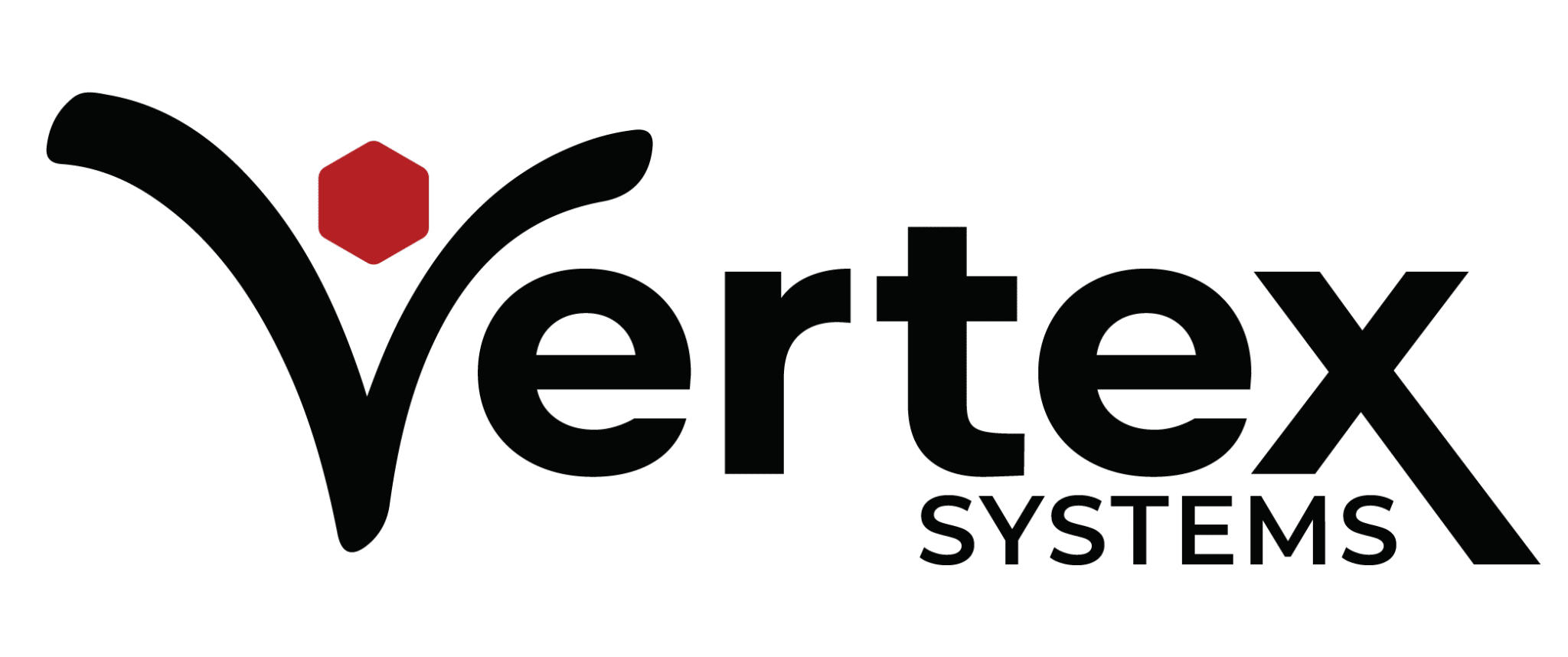Employers across the country are currently navigating a significant shift regarding how they compensate their workers living with disabilities. The Fair Labor Standards Act (FLSA) Section 14(c) allows employers to obtain Wage and Hour Division certification to pay affected workers less than minimum wage. However, recent reviews of the program, prompted by a drop in the number of workers earning a subminimum wage, have led many states to eliminate or phase out the practice.
Understanding 14(c) Subminimum Wage
Section 14(c) of the FLSA, approved in 1938, authorized employers to pay workers with documented disabilities either hourly wages or wages by the piece at rates below the federal minimum wage. The amount paid was determined based on the worker’s productivity and guaranteeing that these subminimum wages wouldn’t negatively affect working conditions. Since then, the law has undergone revisions and updates, but the core principle remains the same.
These States Are Beginning to Phase Out 14(c) Subminimum Wage
Despite decades of the 14(c) system operating across the country, advocacy groups are calling for a more progressive approach to compensating workers with disabilities. As a result, the following states are phasing out the subminimum wage. In the past year, sixteen states have all joined the movement, including:
- Alaska
- California
- Colorado
- New Hampshire
- Hawaii
- Maine
- Maryland
- Oregon
- Rhode Island
- South Carolina
- Tennessee
- Washington
- Delaware
- Connecticut
- Nebraska
- New York
How Vertex Helps Employers Make the Shift from Subminimum Wage
The shift toward minimum wage is a step forward in ensuring that disabled workers are fairly compensated for their labor. Employers may feel overwhelmed by the changes and wonder how to navigate this shift effectively. This is where Vertex makes a difference.
Our convenient, user-friendly software modules contain features that allow for better organization, increased productivity, and seamless payroll processing. Vertex Systems helps businesses experience an easier shift from 14(c) subminimum wage to standard minimum wage by tracking workers’ time, scheduling changes, and generating detailed reports.
Some of the benefits our software offers:
- Export into payroll processing
- Track and bill time accurately
- Utilize swipe clocks to improve efficiency
- Produce accurate and timely reporting
- Capture pieces regardless of wage-rate
- Access benefit tracking capabilities
Whether you’re making changes immediately or planning for the future, our modules can help. We specialize in streamlining processes and maximizing workplace efficiency so you can concentrate on accurately collaborating with and compensating your workers.
Contact Vertex Today & Begin the Transition to Minimum Wage
If you’re interested in learning more about how we can help your business make the shift from subminimum to minimum wage for disabled workers, contact Vertex today. Our dedicated team of experts is ready to help you navigate the path to Fair Labor Standards Act compliance. We are dedicated to offering superior software solutions and support to all our valuable clients.


